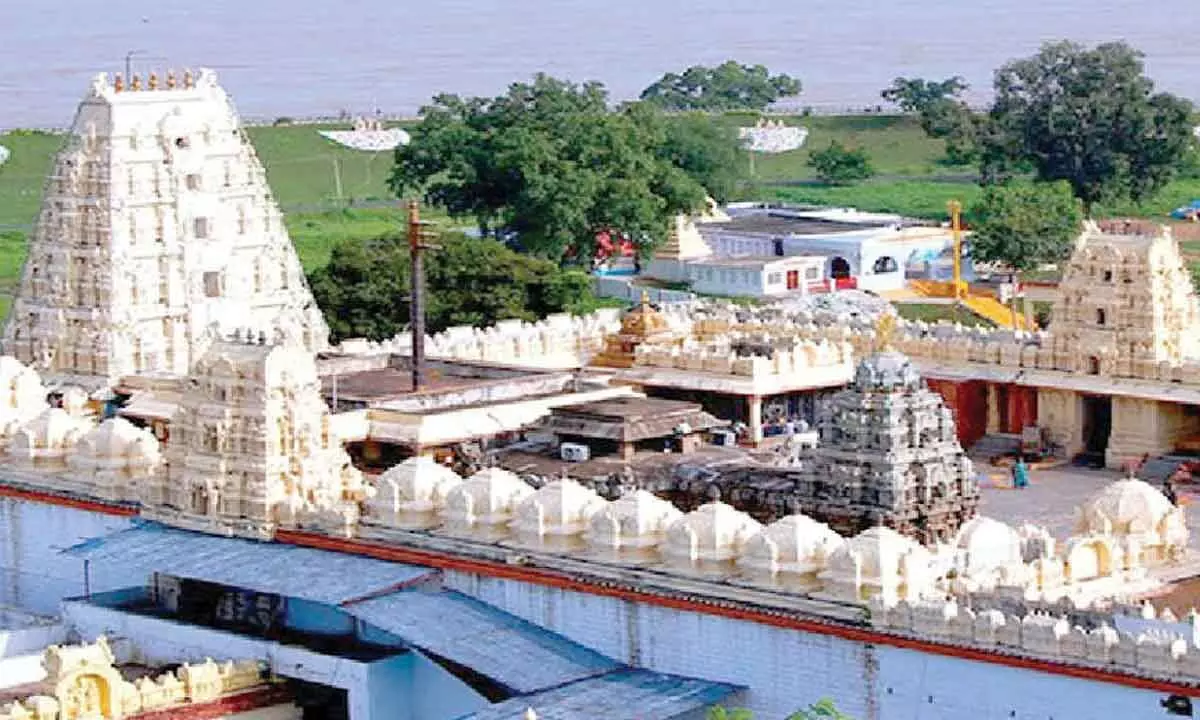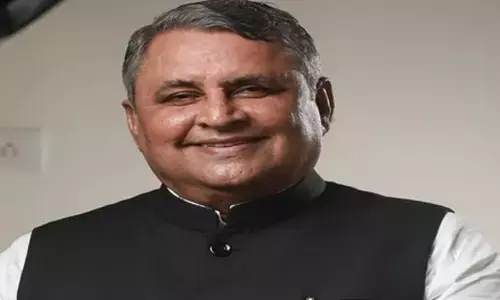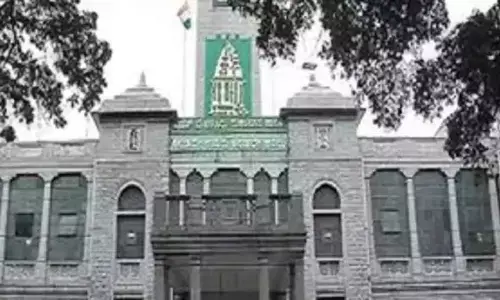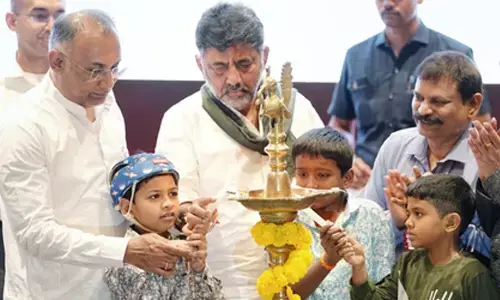Is it Endowment dept or East India Company’s Temple Revenue Board?

Hyderabad: Has the Telangana Charitable and Hindu Religious Institutions and Endowments Act turned into the mother of all ills and contributing to the deterioration of the temples? Is it turning worse than the Board of Revenue formed by the East India Company to oversee the general supervision and administration of the temples?
The issue assumed significance against the backdrop of the State Endowment department issuing marching orders transferring the hereditary priests of Sri Sita Ramachandra Swamy Temple in Bhadrachalam.
Speaking to Hans India, a former senior official of the State Endowment department said, "There is a general but serious discontent brewing against the State governments across South India for gross misuse of the temple institutions."
The reason things relating to the temple administration are getting out of hand and might further deteriorate if the preventive steps are not taken. Reasoning for the whole mess in the temple administration, he points out that there is a mindset that has grown in monstrous proportion, "Within the successive governments the endowment department feels that it is a government department like any other. Whereas, it is not."
Adding, "The appropriate government, i.e. the state government that includes the department of endowments (the government's agent) and its staff should play only the role of trusteeship under the Act. However, given the way things are going, they are not in line with either the spirit or intention of the Act. In turn, the trustee appointed could not either administer temples properly, failing to uphold the centuries-old traditions that stand at the core of the temple ecosystem,” he said.
The transfer of hereditary priests is just a symptom of the lack of application of mind by those in the leadership roles of the endowment's department.
Firstly, as per the temple traditions, priests, Stapathi or temple sculptors-cum-architects, and different stakeholders having a share in the revenues earned from the deity's assets have hereditary positions as part of the traditional administrative structure.
The objective is that the priests should play the role of being the custodians to ensure observance of the Agama tradition specific to the temple they serve.
On the other, the sculptor-cum-architects are trained well in the school of architecture of the temple they serve. They should have knowledge of the nature of the material, like the rocks used in the construction of the temple, skills of the tools supposed to be used for its maintenance, material management in the case of necessity to conduct repairs and the like.
However, the endowment acts allow the state government to replace this hereditary lineage of transfer of knowledge practices from generation to generation with prints, sculptors-cum-architects meant for the upkeep of the temples.
"How come a commissioner, director, executive officer and other staff of the endowment department who might have studied BA History, MA in Political Science, Bachelor in Library Sciences, and LLB are expected to handle the temples and become competent just because they have passed the State Service Commission examinations?
Also, one rarely comes across an engineer trained in temple architecture within the engineering department of the endowment department that takes care of the civil works. Most of the engineering staff of the engineering department of the endowment department comes with a civil engineering background.
They were trained in dealing with steel and concrete structures. They lack intensive training in the temple architecture and material management traditions observed for centuries- either while studying or after post-appointment in the endowment engineering department.
Why those, who left the hereditary roles serving the temples transferred when the government or its endowment department did not have the human capital with the skills and the knowledge capital in proper temple administration as per the traditions remained unanswered.










